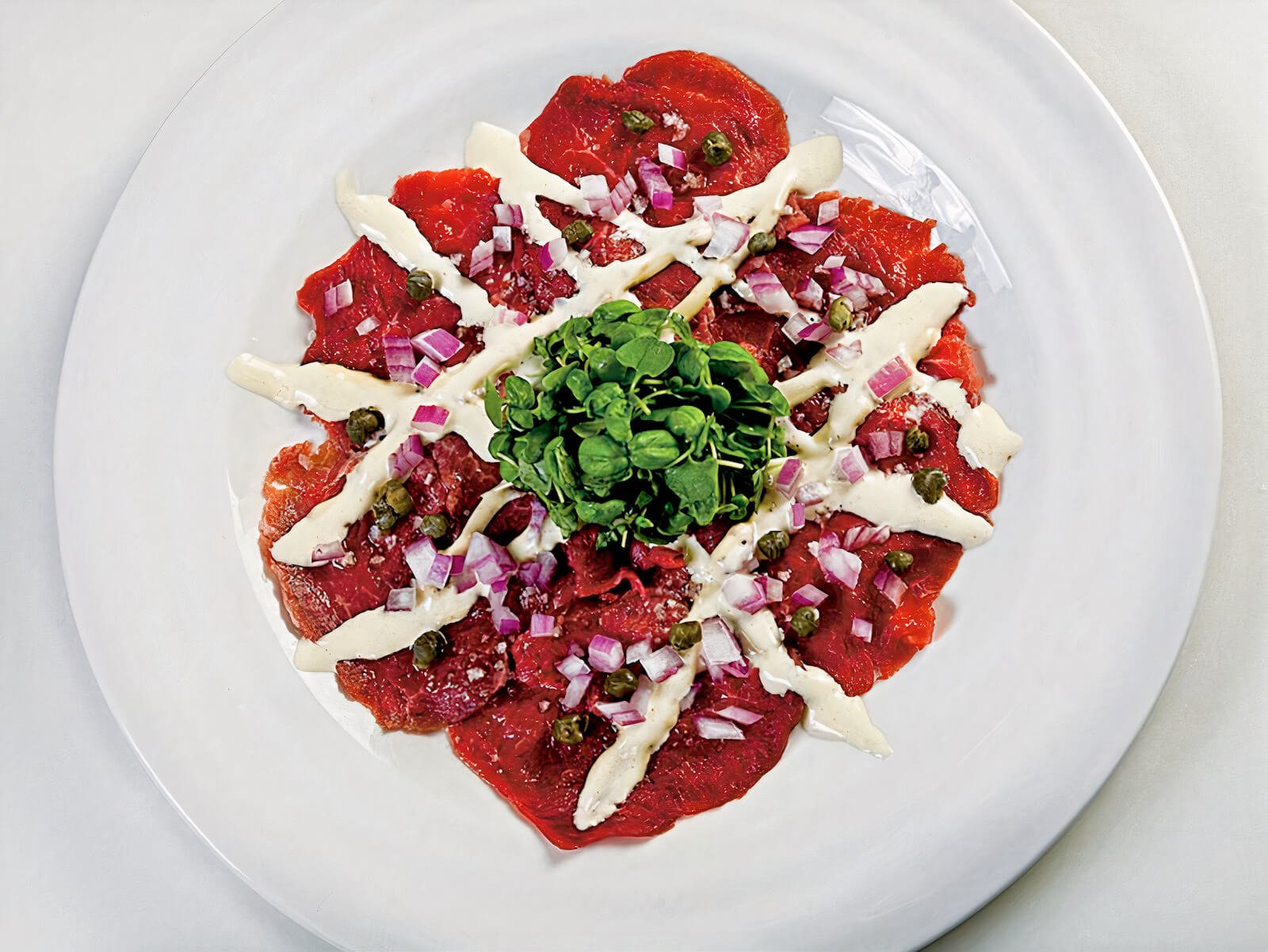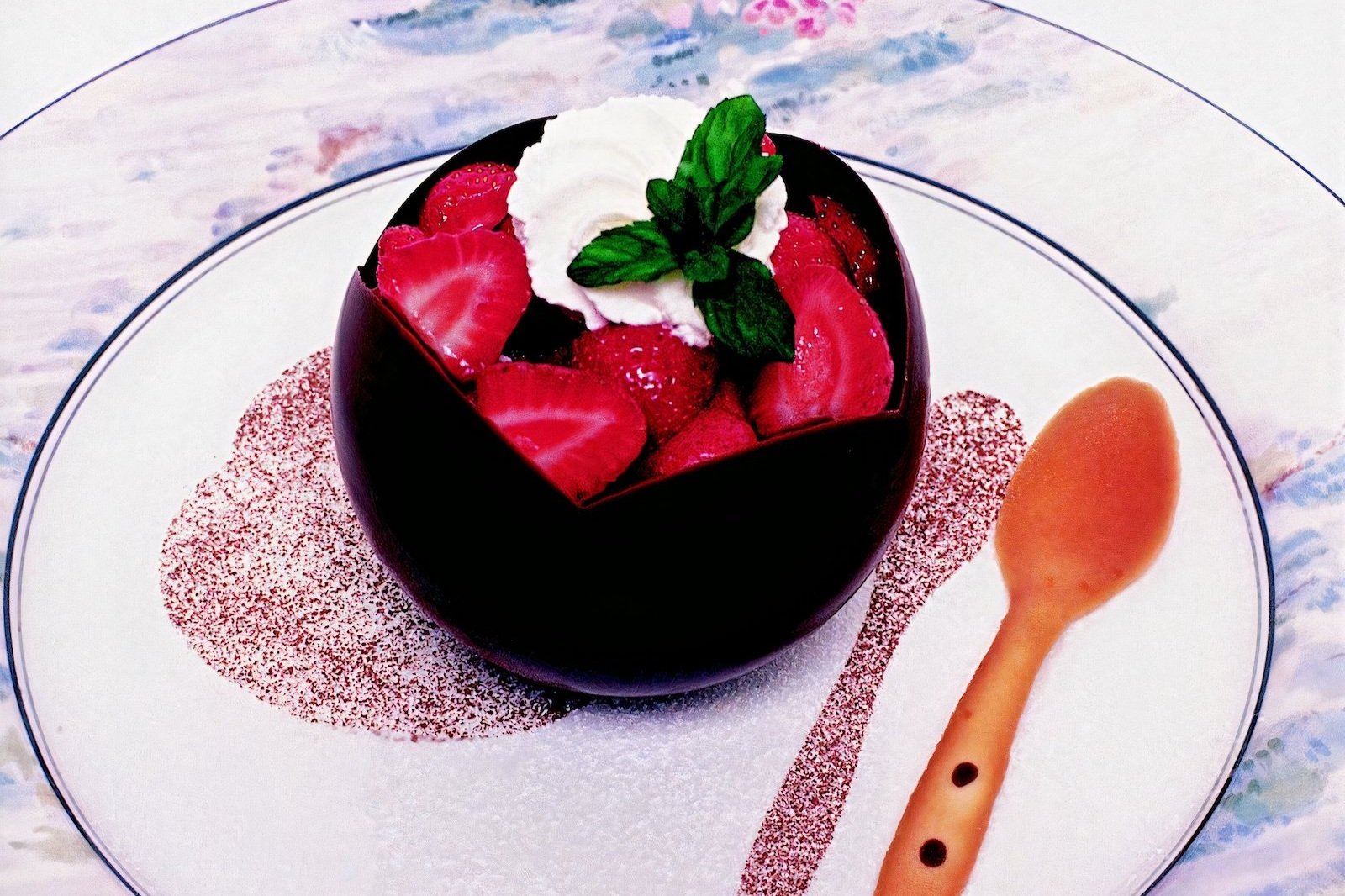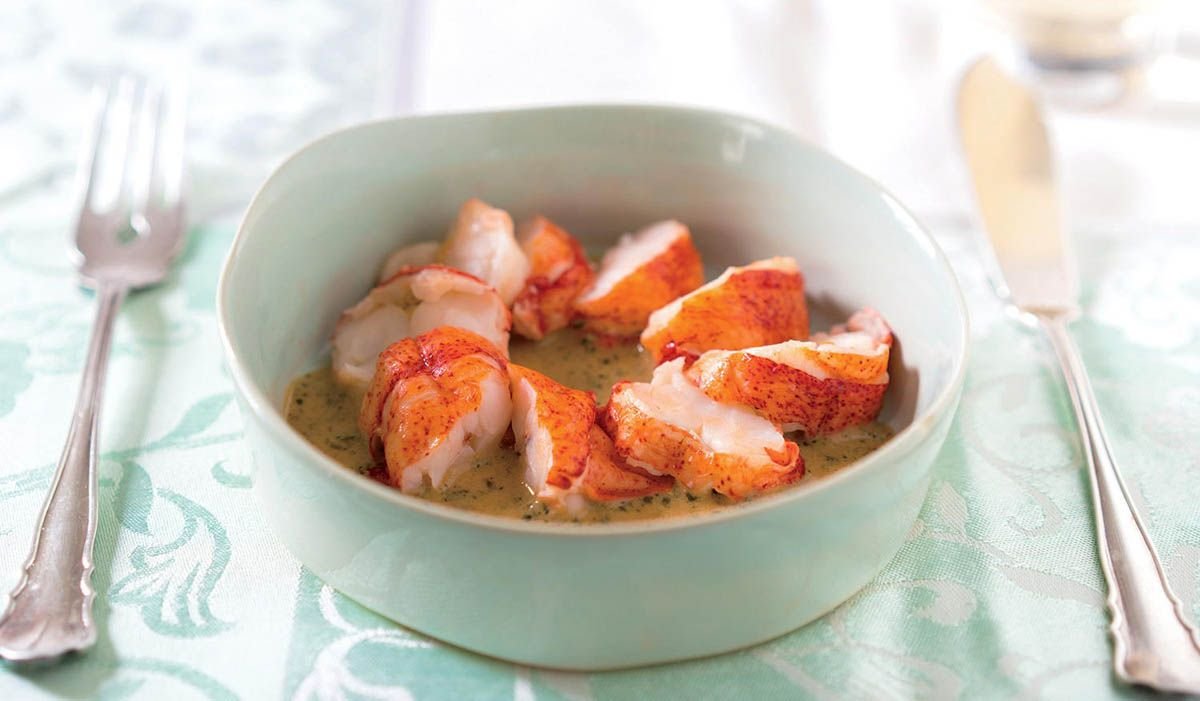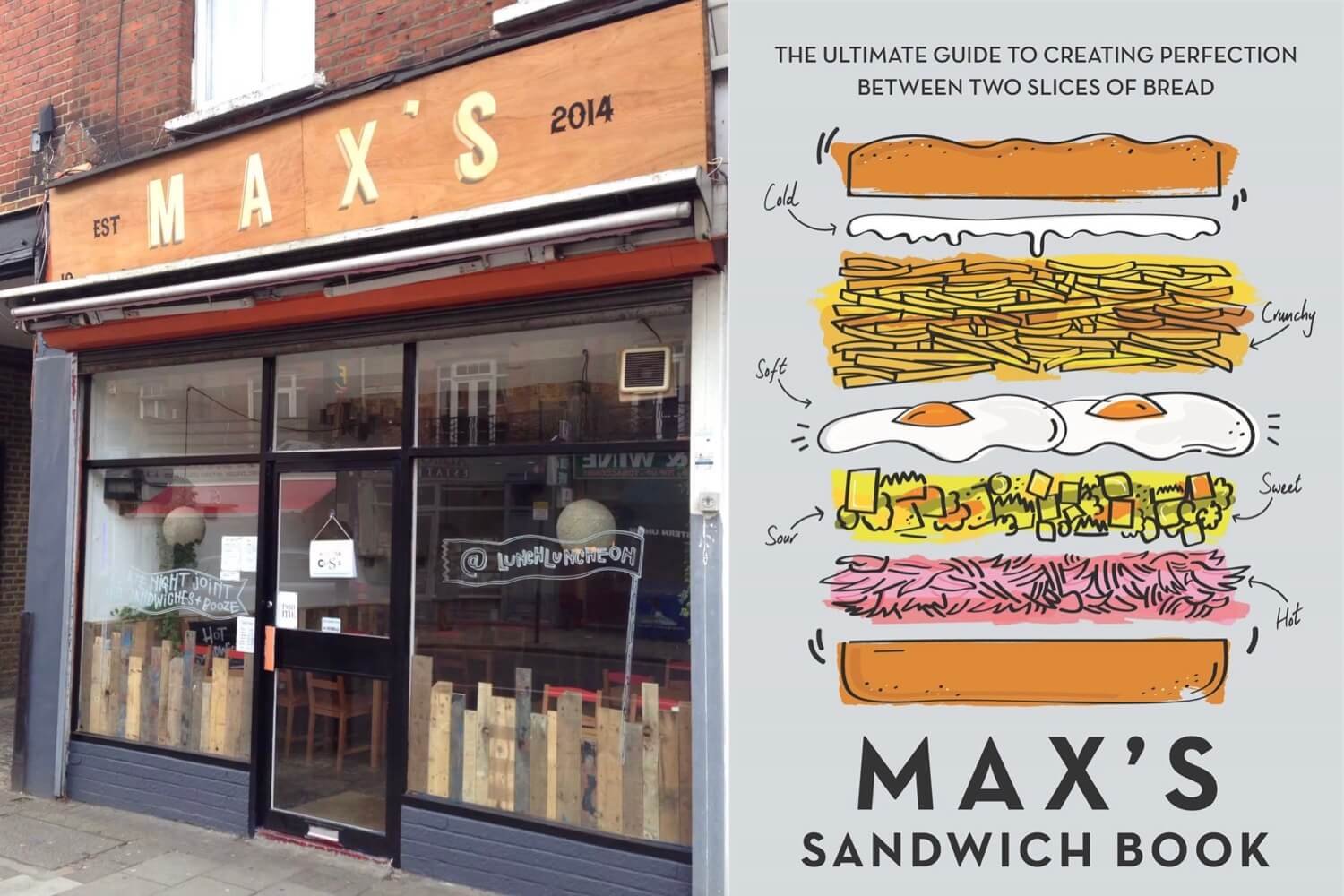Advertisement
A guide to ckbk's professional bookshelf
19 April 2023 · Discover ckbk
ckbk recently added two new professional cookbooks, Professional Garde Manger by Jaclyn Pestka, Wayne Gisslen and Lou Sackett, and The Advanced Professional Pastry Chef by Bo Friberg. Here we take the opportunity to review some of the books in ckbk’s library which are aimed at chefs and chefs-in-training, and which appear on our Professional bookshelf.
By Matt Cockerill
What sets a professional cookbook apart?
Professional cooking texts are designed to build culinary skills, and to offer techniques and approaches that will deliver reliable and consistent results every time. They are also designed to give you the confidence to create new ideas yourself based on a good understanding of principles and fundamentals.
Recipes in consumer books are often quite short and may leave many things up to the discretion and experience of the cook, recipes in professional culinary texts tend to be very detailed and specific, giving clear guidance on standard proven ways to carry out a particular procedure, explaining how things should work if all goes well, and detailing possible pitfalls on the way and how to avoid them.
For example, Wayne Gisslen’s recipe for something as simple as as a basic crème anglaise is quite lengthy and detailed in its own right, but it is alo preceded by an exceptionally useful list of tips and tricks all designed to ensure reliability and to allow troubleshooting of any issues which do arise.
Similarly, Bo Friberg’s recipe for puff pastry is several pages long because it goes into great detail on many aspects of the procedure including the folding process, explaining how a different type of fold may deliver better results for small batches (and noting the precise difference in layer counts achieved depending on whether 5 or 6 folds are used).
Due to their greater accuracy, metric measurements tend to be the norm in professional cookbooks, and professional bread books tend to also include baker’s percentages (giving amounts in proportion to the amount of flour in the recipe), which make re-scaling to any desired batch size especially straightforward.
Wayne Gisslen’s Professional trilogy
Wayne Gisslen’s texts, Professional Cooking, Professional Baking and Professional Garde Manger, have helped millions of trainee chefs the world over to learn the basics of cooking in a professional kitchen. Gisslen is a graduate of the Culinary Institute of America and his books take an exceptionally thorough and systematic approach to the fundamentals of cooking.
Online reviews do note one criticism of Gisslen’s book, however, which is that the print editions each weigh a hefty 7-10 pounds. Fortunately this is not a problem when accessing via ckbk!
The most recent title in the series, which has just been added to ckbk, is Professional Garde Manger. This covers all aspects of the preparation of cold food, including salads & dressings, sandwiches, hors d’oeuvres, patés, terrines and charcuterie.

Galantine of Chicken with Tarragon Mayonnaise from Professional Garde Manger

Classic Shrimp Cocktail from Professional Garde Manger

Carpaccio from Professional Garde Manger
The Professional Pastry Chef and The Advanced Professional Pastry Chef
These two volumes distill a lifetime of experience from pastry chef and educator Bo Friberg, who died in 2015 after a career spent teaching at both the Culinary Institute of America and the California Culinary Academy. The first volume was published in 1989, and continued to be updated by Friberg over the years. ckbk includes the most recent 4th edition, published in 2002. As the book was updated it eventually outgrew the bounds of a single volume, and as a result the more advanced material was published separately asThe Advanced Professional Pastry Chef, now also available on ckbk.
In listing the book on his all time top 10 cookbook list, chef George Geary described The Professional Pastry Chef as quite simply “the best professional pastry book.”
The Professional Pastry Chef not only includes detailed recipes and methods, but also historical background on different aspects of the world of pastry. The density of information is huge, with many illustrations, tables, flowcharts and drawings, but only a modest number of photos. As one Amazon reviewer puts it, “this is definitely a book for professionals, not for beginners.” But if you have professional ambitions, or simply want to understand how professionals achieve their results, Friberg’s books are gold.

Strawberries Romanoff from The Advanced Professional Pastry Chef

Spiced Ganache and Tea Ice Cream Marco Polo from The Advanced Professional Pastry Chef

Princess Pastries from The Advanced Professional Pastry Chef
More from ckbk’s Professional bookshelf
Friberg and Gisslen are just two of the many authors who feature on ckbk’s professional bookshelf. Here’s a whistle-stop tour of some further highlights for professional chefs, would-be chefs and chefs-in-training.
Classic cuisine
Le Guide Culinaire (1903) by Auguste Escoffier is arguably of the ultimate bible of classic French cuisine in the modern era. ckbk’s unabridged English translation, published in 2011, includes a staggering 4845 recipes.
Le Repertoire de la Cuisine (1914) was created by Escoffier’s student, Louis Saulnier, and provides a highly compressed guide to the cooking of Escoffier. Rather than recipes, it consists of an aide memoire listing which compositions include which ingredients. For example, Beurre Maitre d’Hotel “Butter softened to a cream, mixed with chopped parsley, salt, black pepper, lemon juice” is one of several dozen Beurres Composés.
Sauces are at the heart of classical cuisine, and ckbk includes a number of cookbooks devoted to the subject, including James Petersons’s Sauces, a book recommended by chefs including Franklin Barbecue’s Aaron Franklin, and Brian Polcyn. For another take on the classic sauces, try Sauces: Le Cordon Bleu Home Collection, which includes numerous step-by-step techniques to complement the recipes
Anne Willan’s La Varenne cookery school trained a generation of Anglo-French cooks, chefs, and food writers and the school’s textbook, La Varenne Pratique offers a comprehensive overview of French cuisine.
The Fundamentals Techniques of Classical Cuisine series
In 2021 the International Culinary Center in New York, now integrated into the Institute of Culinary Education, re-issued a series of four titles entitled The Fundamental Techniques of Classical Cuisine, all of which are now available on ckbk. The first title covers the basics of classical French cooking, while the three follow ups cover Pastry Arts, Bread Baking and Italian Cuisine respectively.
Desserts & Pastry
Francisco Migoya’s The Elements of Dessert and its chilled out companion volume, Frozen Desserts are both published by Wiley in association with the Culinary Institute of America.
Robert Wemischner’s The Dessert Architect, added to ckbk earlier this year, comes from a pastry chef with more than 30 years of experience teaching at the Los Angeles Trade Tech College.
Each of these books aims to give the aspiring pastry chef an understanding of the basic techniques and principles that will allow them to innovate and create their own highly innovative desserts built from multiple components
Chocolate
It may be adjacent to desserts and pastry, but the work of the chocolatier is a highly specialised profession in its own right. ckbk includes several works specifically aimed at professionals working with chocolate, including Chocolate and Confections by Peter Grewling and The Art of the Chocolatier by Ewald Notter.
Baking
Perhaps more than any other aspect of cooking, baking is a precise science, and ckbk has many professionally-oriented baking titles, in addition to the Gisslen and Friberg works mentioned above.
For example, How Baking Works by Paula Figoni, food scientist and associate professor at the International Baking and Pastry Institute in the College of Culinary Arts at Johnson & Wales, is intended to help student bakers to understand what is going on, in scientific terms, during the various stages of baking, reducing the need for guesswork and blind experimentation.
Meanwhile, in Baking, James Peterson takes the same thorough approach he used in his previous books, Cooking and Sauces, and applies it to bread, cakes, cookies, pies and much more besides.
In the coming months we will also be welcoming to ckbk Baking and Pastry: Mastering the Art and Craft, from the Culinary Institute of America. The 3rd edition of this baker’s bible includes 900+ recipes and extensive in-depth technical guidance, and is the key text for countless trainee pastry chefs across the USA and beyond.
Bread
Jeffrey Hamelman’s Bread: A Baker's Book of Techniques and Recipes and the French Culinary Institute’s Fundamental Techniques of Classical Bread Baking both offer comprehensive in depth coverage of this huge topic, giving baker’s percentages throughout and offering plentiful tips and techniques in addition to recipes.

Pâte Fermentée Baguette from The Fundamental Techniques of Classic Bread Baking by The French Culinary Institute

Pretzels from Bread: A Baker's Book of Techniques and Recipes by Jeffrey Hamelman

Pain au Levain from Bread: A Baker's Book of Techniques and Recipes by Jeffrey Hamelman
Get ckbk for your culinary school or university!
A growing number of educational institutions now subscribe to give full ckbk access to their faculty and students. Existing customers include Oxford Brookes University, Los Angeles Trade Technical College, the Institute of Culinary Education, Nova Scotia Community College, The Pearson School of Culinary Arts, UN Las Vegas, and UC Davis.
To find out more about educational access to ckbk for your institution, contact education@ckbk.com
More features from ckbk
A gastronomic tour through the regions of France
Consuming Passions: Fire
Marcus Bawdon is obsessed by cooking with fire and tells ckbk what lights his fires
We speak to the founder of Max’s Sandwich Shop about his reinvention of the British sandwich
Sign up for ckbk's weekly email newsletter
Advertisement









